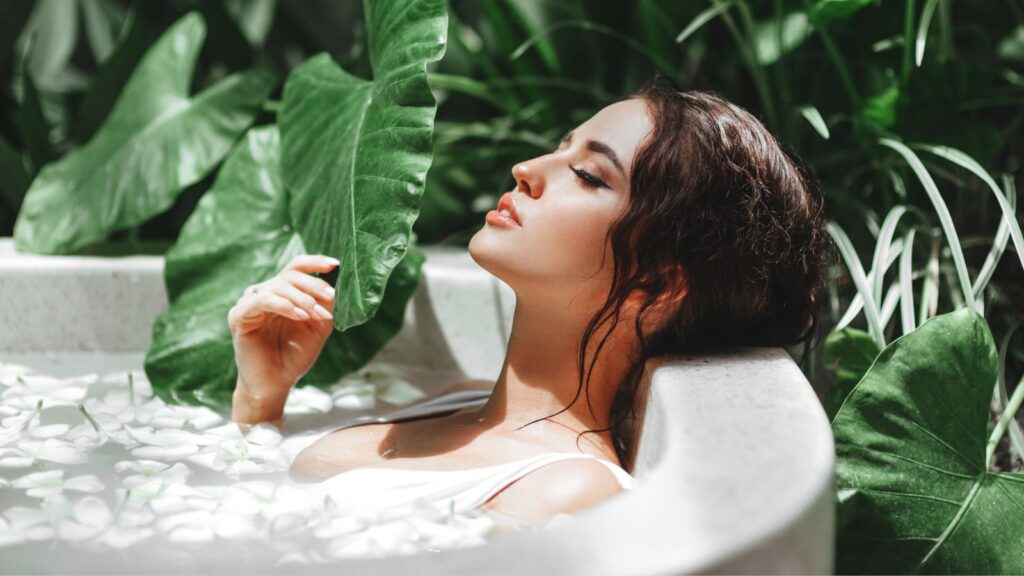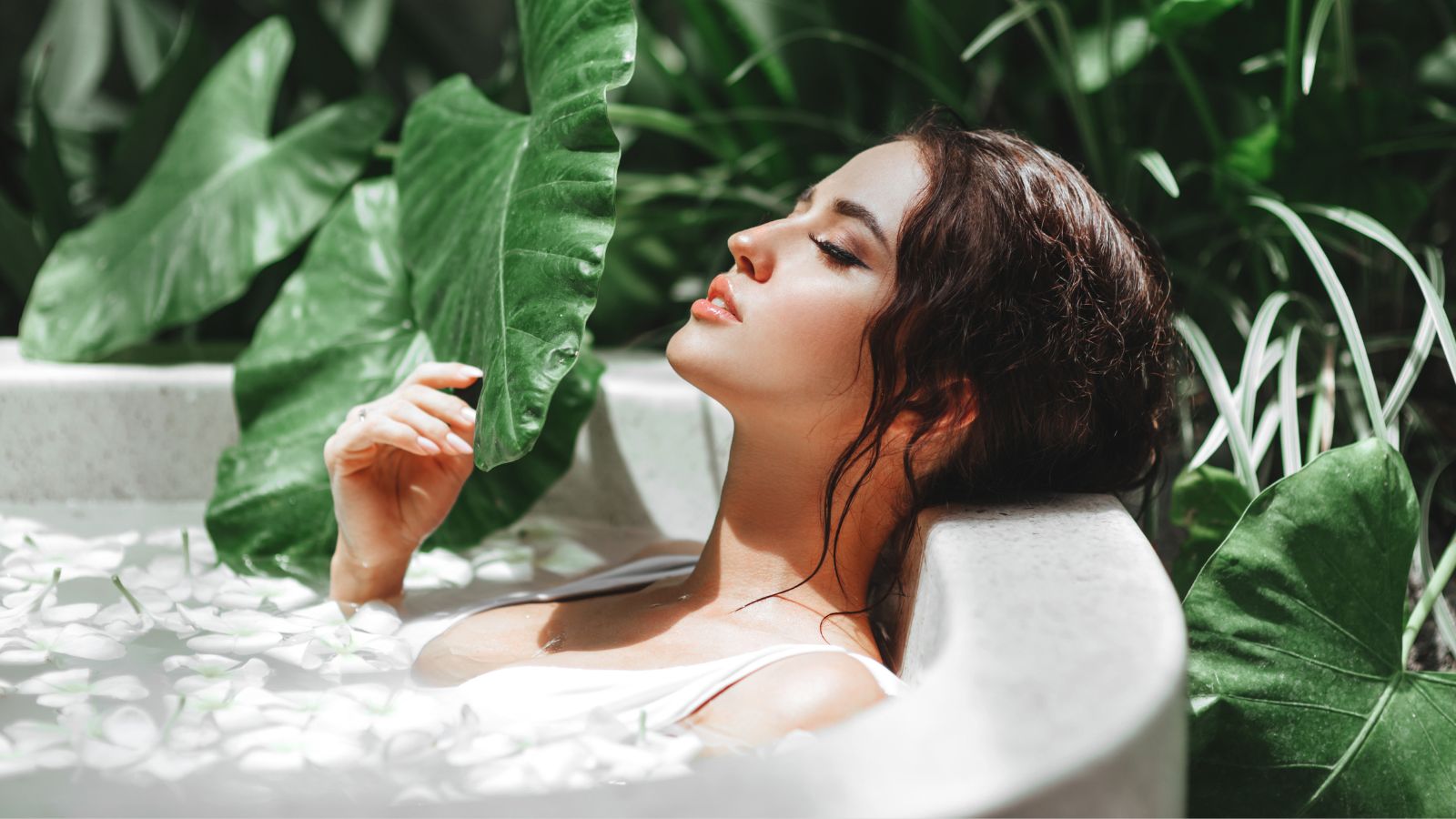Human beings have a natural desire to clean and refresh themselves every day. Herbal baths were a norm during the ancient period when civilizations were learning aromatherapy for rejuvenating. Romans and Greeks used herbs extensively for cleansing.

People find different ways to beat the weather blues and the season’s unexpected heavy downpours and extreme temperatures. Some relax in the spa, meditate, turn green outdoors, and seek solace in musical endeavors. However, many of us desire to have a bath after a tiring day; it effectively lifts our spirits. A cozy, warm herbal bath with natural salts can work wonders for the body. If it proceeds by an incredible body massage, the herbal bath is capable of relinquishing the tension and a complete celestial experience.
The studies and research showed the presence of aromatherapy when ancient Egyptians and Hebrews used herbs to clean the muck from the skin and dress the body with a fresh fragrance of lavender herb. Likewise, Babylonians and Greeks used perfumes and herbal ointments for body care.
They used herbs profusely more than what we know about and use today in our day-to-day lives. People have commonly used cinnamon and peppermint for mild fragrances and cooling effects. Daisy flowers were not only consumed in tea; the fresh blooms found their way to make scented bath spas. The delicate perfumes of marjoram and lemon balm were used as perfume. The art of making perfumes that last longer was flourishing at these times.
Many people use herbal oils for massage during baths. They relax the muscles and relieve the nerves from exhaustion. The Romans knew the knowledge of herbal oils made from the olive. Ancient Ayurveda mentions the beauty enhancement from almond and castor oil.
Ayurveda stresses the need for an herbal bath that relieves tense muscles and tendons. It also unties the knots, opens the pores, reduces the skin pores from toxins and clogging, not to mention the healing effect enhanced with the medicinal herbs.
In ancient Ayurveda originated from Asia, bathing was a therapeutic activity that was a must for kings after a heavy day’s work. The Queens used to have leisure baths made with luxury items of those days, involving rose and jasmine scents.
Ancient Greeks used steam baths which they called “Laconia.” The baths were built in the form of a spherical dome that had fire under the ground. The fire was heated by rocks brought in the center of the bath and placed there for everyone to inhale and enjoy the aroma when someone poured steam onto it. The herbs used were the fragrant bay laurel, aromatic fir, pine, and juniper. The infusions of all such healing herbs were used for their heavenly therapeutic effect.
